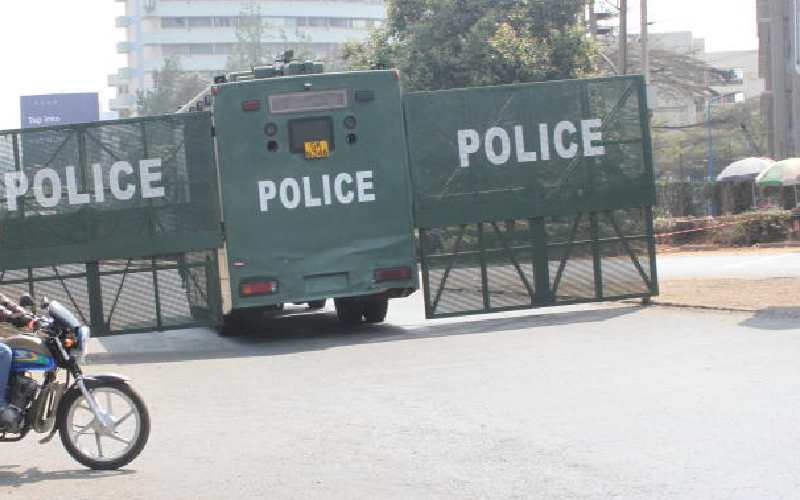
The Independent Policing Oversight Authority (IPOA) was created to fortify the dire need for police reforms and oversight mechanisms immediately after the promulgation of the 2010 Constitution.
IPOA's main objectives include holding the Police accountable to the public in the performance of their functions, giving effect to the provision of Article 244 of the Constitution that the police shall strive for professionalism and discipline and shall promote and practice transparency and accountability and ensuring independent oversight in the handling of complaints by the National Police Service (NPS).